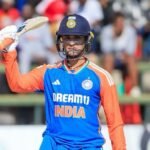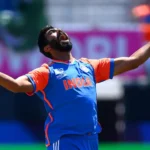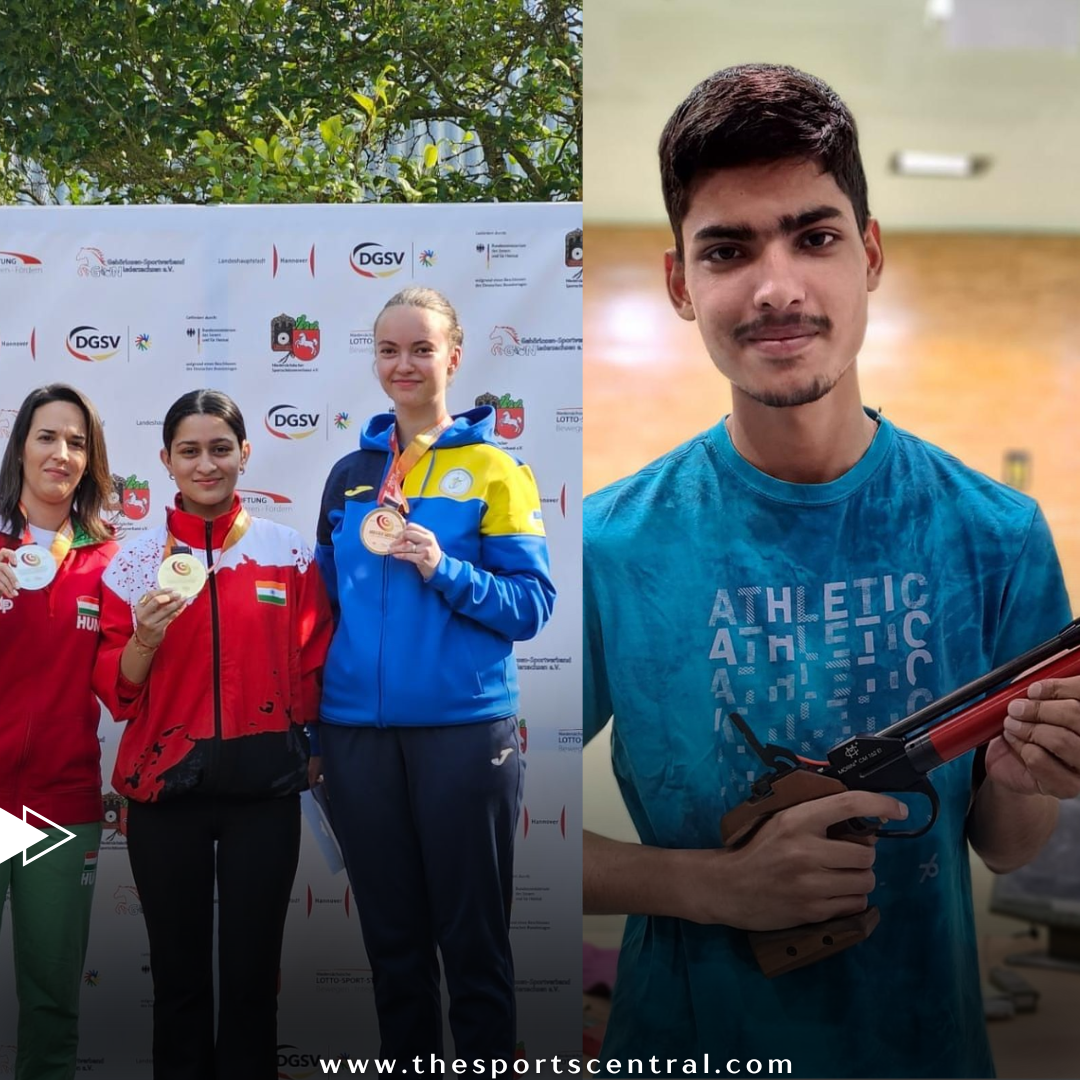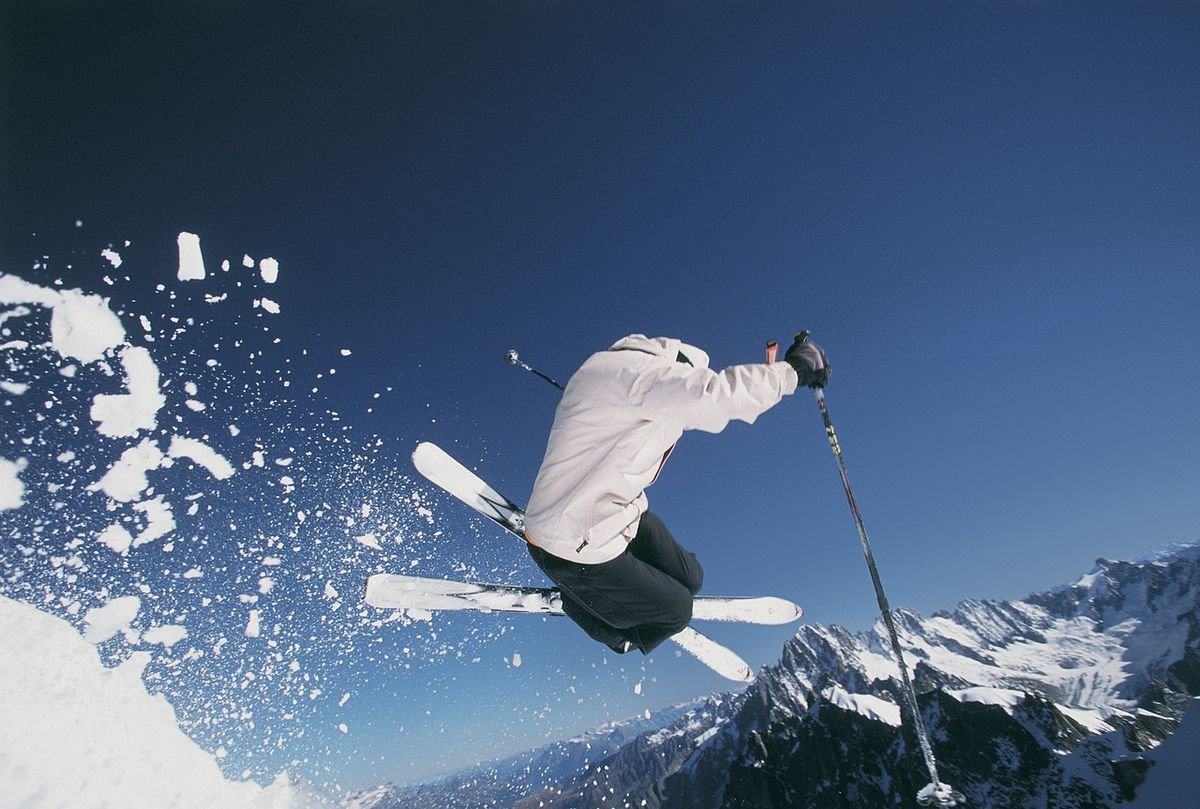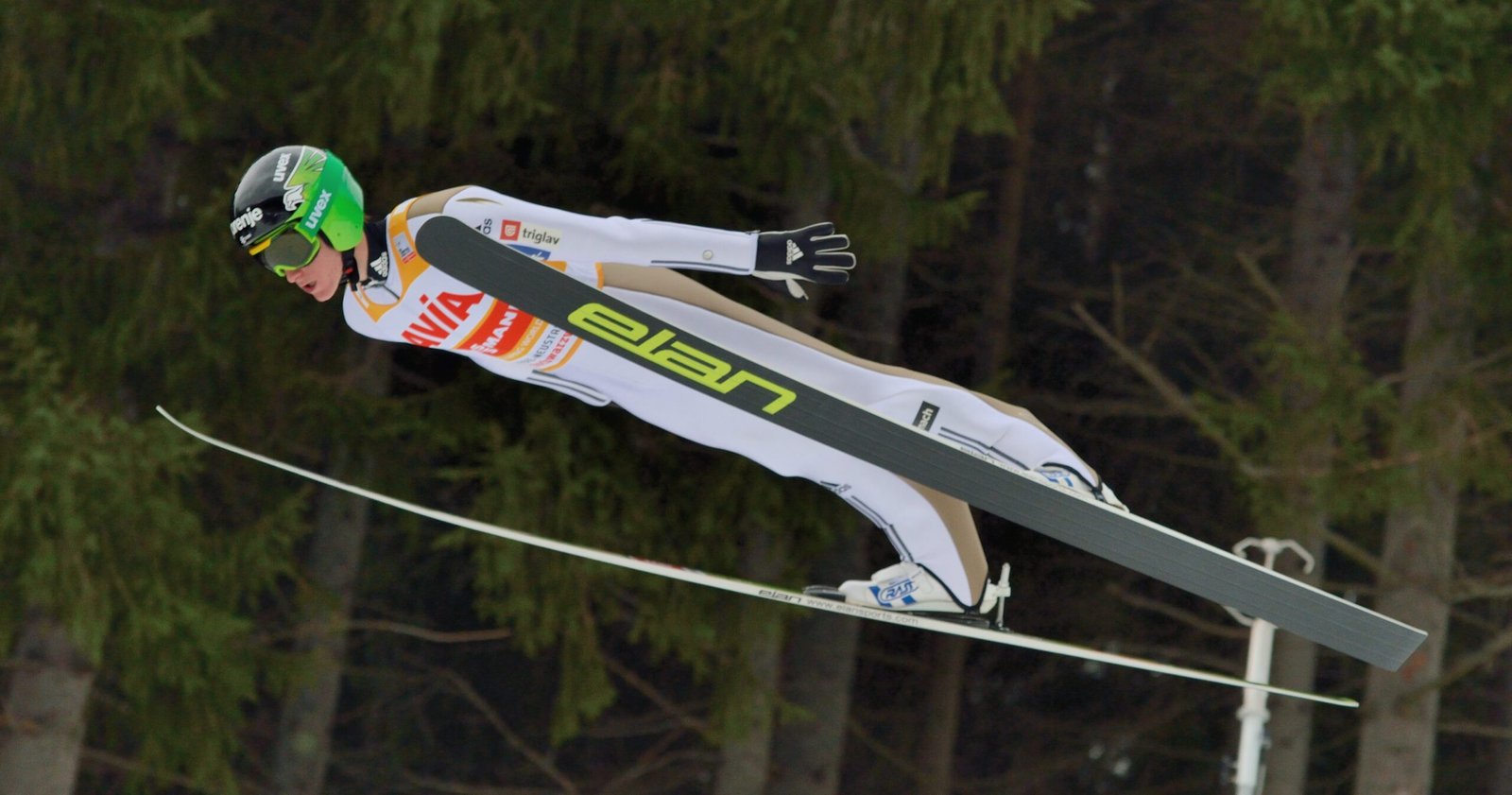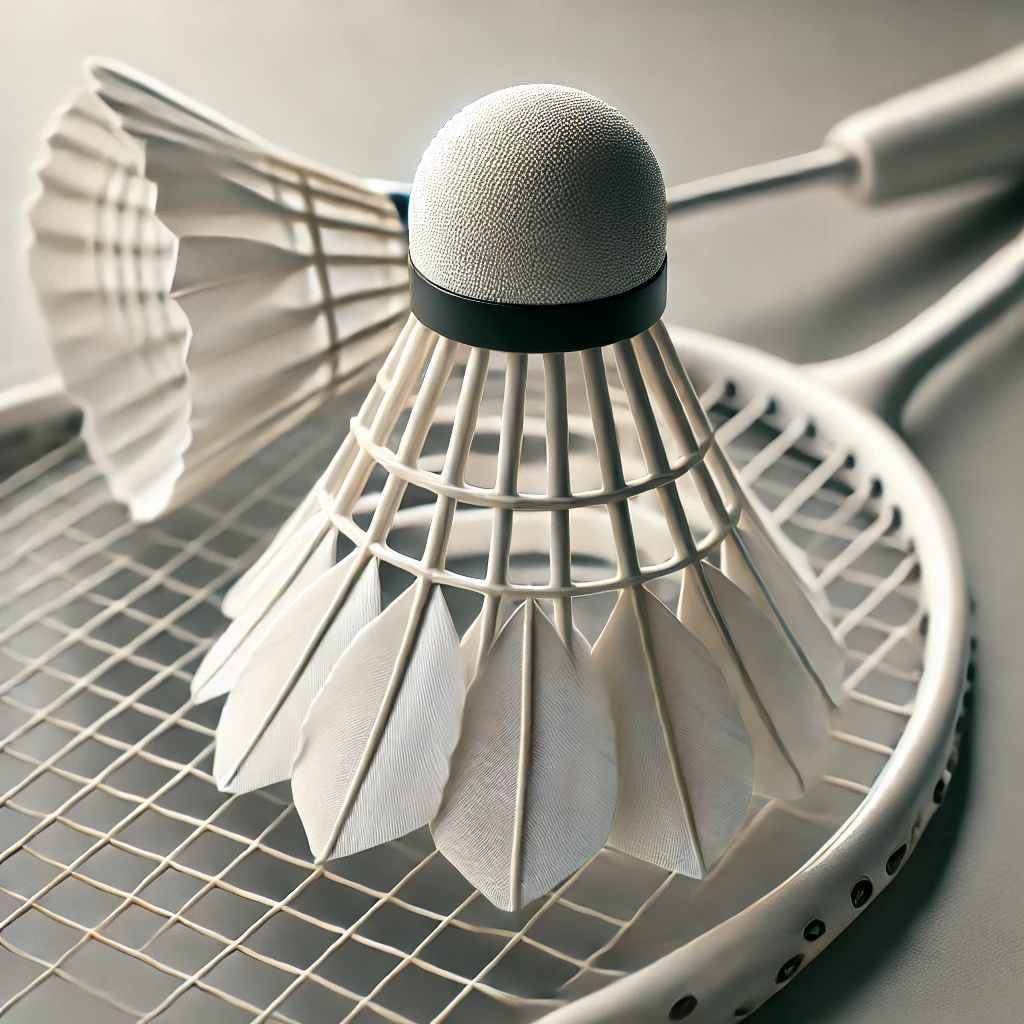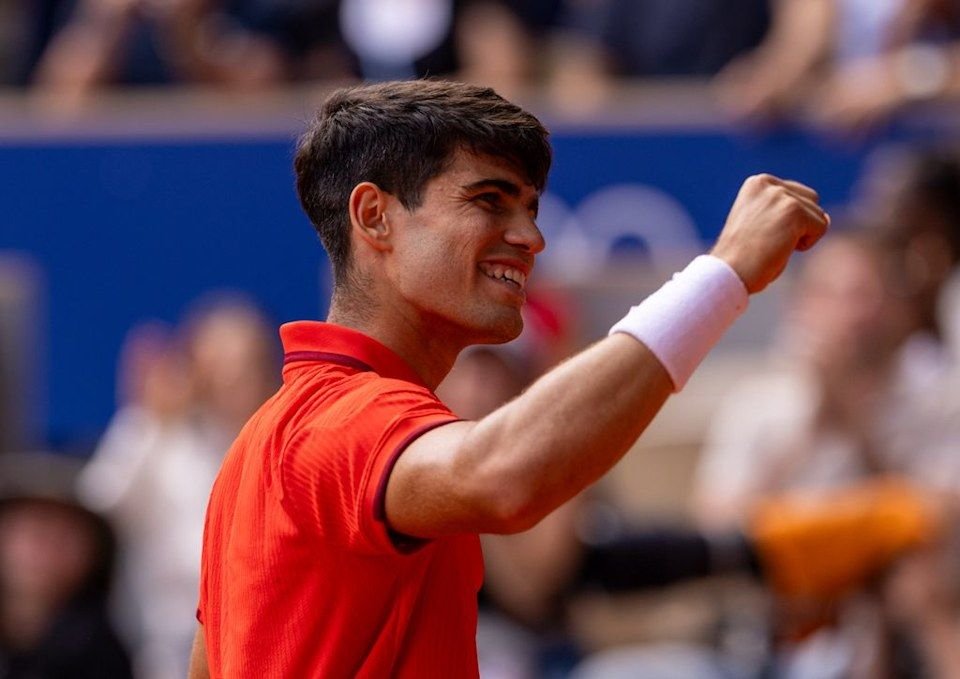India has once again demonstrated its prowess in the global sports arena by topping the medal tally at the second World Deaf Shooting Championships held in Hanover, Germany. The Indian contingent, consisting of 13 talented shooters, bagged an impressive 21 medals, including seven golds, seven silvers, and seven bronzes. This extraordinary achievement not only placed India at the top of the standings but also underscored the nation’s growing reputation in the sport of shooting, especially within the deaf community.
This article delves into India’s spectacular performance at the championship, the stories behind the medals, the athletes who emerged as champions, and the broader implications of this success for the country’s sports culture, particularly for athletes with disabilities.
A Historic Victory: India Tops the Medal Tally
The second World Deaf Shooting Championships witnessed participation from 70 shooters across 16 countries, all competing fiercely across 16 events. India entered 15 of these events and emerged victorious, clinching the top position with a total of 21 medals. Ukraine finished second with a medal tally of seven golds, five silvers, and six bronzes, while hosts Germany took the third spot with two golds, one silver, and one bronze.
India’s remarkable achievement was marked by not just the number of medals won, but also by the way in which the Indian shooters dominated in several categories, setting new world and championship records. The team’s performance is a testament to the hard work, determination, and resilience of the athletes and their coaching staff.
Highlights of India’s Medal-Winning Performance
The Indian shooters delivered exceptional performances across various disciplines. Here’s a closer look at the highlights:
1. Mahit Sandhu: A Rising Star in Rifle Events
Mahit Sandhu was one of the standout performers of the tournament. On the final day, she clinched a gold medal in the women’s 50m rifle 3 positions (3P) event, demonstrating her skills and composure in one of the most technically challenging shooting disciplines. Sandhu’s gold was a culmination of her consistent performances throughout the championship, where she secured a total of four medals—three golds and one silver—in various rifle events.
Sandhu’s exceptional marksmanship and focus were evident as she competed against some of the best shooters from around the world. Her victories in multiple events highlighted her versatility and ability to perform under pressure, making her one of the most celebrated athletes of the championship.
2. Abhinav Deshwal: A Dominant Force in Pistol Shooting
Pistol shooter Abhinav Deshwal emerged as the most decorated Indian athlete at the championship, returning home with a total of five medals—one gold and four silvers. Deshwal’s gold medal came in the men’s 25m standard pistol event, where he displayed exceptional precision and consistency. His performance in the final was characterized by a calm demeanor and remarkable accuracy, enabling him to edge out his competitors for the top spot.
Deshwal’s four silver medals in other events further showcased his skills and dedication to the sport. His ability to compete at the highest level in multiple events and his hunger for success were evident throughout the championship, establishing him as one of India’s premier shooters in the deaf sports category.
3. Dhanush Srikanth: A Double Gold Medalist in Air Rifle Events
Dhanush Srikanth made headlines with his stunning performances in the 10m air rifle events. He won two gold medals—one in the individual 10m air rifle event and another in the mixed team event. Srikanth’s achievements were characterized by his exceptional control, focus, and technical expertise, particularly in the air rifle discipline, which requires immense precision and mental fortitude.
His performance was a critical factor in India’s overall success at the championships. Srikanth’s gold in the mixed team event also highlighted the importance of teamwork and synergy in shooting sports, where the ability to maintain composure and coordinate with a partner is crucial.
4. Other Gold Medal Winners: Anuya Prasad and Shourya Saini
Anuya Prasad and Shourya Saini also contributed significantly to India’s golden tally. Anuya Prasad won gold in the women’s 10m air pistol event, demonstrating her sharp-shooting skills and control. Her performance was characterized by a remarkable display of consistency and accuracy, helping her emerge victorious in a closely contested final.
Shourya Saini, another rising star in Indian shooting, clinched gold in the men’s 50m rifle 3 positions (3P) event. His victory showcased his expertise in the 3P discipline, which requires shooters to demonstrate proficiency in three different shooting positions—kneeling, prone, and standing. Saini’s ability to adapt and excel in all three positions underlined his versatility and skill, making him a key contributor to India’s success at the championship.
India’s Overall Performance: A Team Effort
The Indian team’s performance at the second World Deaf Shooting Championships was marked by a collective effort that saw shooters excel across various events. With 13 athletes participating in 15 out of the 16 events, the team’s achievements were a result of rigorous training, strategic preparation, and unwavering determination.
The medal tally—seven golds, seven silvers, and seven bronzes—reflects the depth of talent within the Indian team. Beyond the gold medalists, several other athletes put in commendable performances, contributing valuable points and podium finishes that helped India top the overall standings.
Breaking Records and Setting New Benchmarks
India’s shooters did not just win medals; they also broke multiple deaf world records and championship records, setting new benchmarks in the sport. These record-breaking performances reflect the high level of preparation, skill, and commitment displayed by the Indian team. The athletes’ ability to perform at their best in a highly competitive environment speaks volumes about their mental and physical resilience.
The Road to Success: Preparation and Training
The success of the Indian team at the World Deaf Shooting Championships did not come overnight. It was the result of meticulous planning, dedicated training, and a strong support system provided by the National Rifle Association of India (NRAI) and other stakeholders. Here’s a look at some of the key factors that contributed to India’s success:
1. Focused Training Camps and Expert Coaching
The Indian shooters underwent rigorous training camps leading up to the championships, focusing on sharpening their technical skills, enhancing their mental strength, and refining their strategies for various events. These camps were conducted under the guidance of experienced coaches who have a deep understanding of the nuances of shooting sports, particularly in the context of athletes with hearing impairments.
Coaches and support staff worked closely with the athletes to analyze their performances, identify areas for improvement, and implement targeted training regimens. This personalized approach helped the shooters build confidence and perform at their peak during the championship.
2. Use of Advanced Technology and Sports Science
The use of advanced technology and sports science played a crucial role in India’s preparations. From video analysis to biomechanical assessments, the athletes were provided with tools and techniques to optimize their performance. Additionally, sports psychologists worked with the athletes to enhance their mental toughness, helping them stay focused and composed under pressure.
These efforts were complemented by the use of modern training facilities equipped with state-of-the-art shooting ranges, where athletes could practice in conditions similar to those they would face at the championships.
3. Strong Institutional Support
The NRAI, along with the Ministry of Youth Affairs and Sports and other governing bodies, provided robust support to the Indian team. This support included funding for training camps, access to high-quality coaching, participation in international competitions for exposure, and logistical assistance to ensure that the athletes had everything they needed to succeed.
The institutional backing played a critical role in enabling the athletes to focus solely on their training and preparation, without having to worry about external factors.
Implications of India’s Success at the World Deaf Shooting Championships
India’s triumph at the World Deaf Shooting Championships has several implications for the country’s sports culture and its broader societal goals.
1. Promoting Inclusivity in Sports
India’s success at the championships highlights the importance of promoting inclusivity in sports. It demonstrates that athletes with disabilities can compete at the highest levels and achieve remarkable success with the right support, infrastructure, and training. This achievement can serve as an inspiration for other athletes with disabilities, encouraging them to pursue sports and believe in their potential.
It also underscores the need for greater investment in adaptive sports and inclusive programs that cater to athletes with disabilities. By building more inclusive sports ecosystems, India can tap into a vast pool of talent and promote a culture of diversity and inclusivity.
2. Enhancing India’s Reputation in Global Sports
By topping the medal tally at an international event, India has further solidified its reputation as a rising force in global sports. This victory will likely boost India’s confidence and credibility as it prepares to bid for major sporting events, such as the 2030 Youth Olympics and the 2036 Olympic Games.
India’s performance also sends a message to the world about its commitment to sports excellence, both in mainstream and adaptive sports. It positions India as a country that values sportsmanship, inclusivity, and fair competition.
3. Inspiring the Next Generation of Athletes
India’s success at the World Deaf Shooting Championships can serve as a powerful source of inspiration for young athletes across the country. It demonstrates that with hard work, determination, and the right support, it is possible to achieve greatness, regardless of physical or sensory challenges.
This victory can motivate more young people to take up shooting sports and other disciplines, contributing to the growth and development of sports culture in India. It can also encourage parents, educators, and policymakers to provide more opportunities for children to engage in sports from a young age.
4. Strengthening the Paralympic Movement in India
India’s performance at the World Deaf Shooting Championships aligns with the broader objectives of strengthening the Paralympic movement in the country. It highlights the need for continued investment in training facilities, coaching, and support systems for athletes with disabilities.
As India prepares for future Paralympic Games, the success of its deaf athletes can provide valuable lessons and best practices for training, preparation, and competition. It can also help build momentum for greater recognition and support for the Paralympic movement in India.
Looking Ahead: The Future of Deaf Sports in India
India’s achievements at the World Deaf Shooting Championships represent a significant milestone, but they are also just the beginning of what could be a new era for deaf sports in the country. Here are some of the key steps that need to be taken to build on this success:
1. Expanding Opportunities for Deaf Athletes
To sustain and build on this success, it is essential to create more opportunities for deaf athletes to participate in sports at all levels. This includes promoting sports in schools for the deaf, organizing national and regional championships, and providing more funding and resources for training and development programs.
2. Enhancing Infrastructure and Support Systems
Investing in sports infrastructure and support systems for deaf athletes is crucial. This includes developing specialized training centers, providing access to high-quality coaching, and ensuring that deaf athletes have the same opportunities as their hearing counterparts to compete and succeed.
3. Raising Awareness and Promoting Inclusivity
Raising awareness about the achievements of deaf athletes and promoting inclusivity in sports are essential for changing societal attitudes and perceptions. Media coverage, public campaigns, and community engagement can help highlight the importance of supporting athletes with disabilities and celebrating their achievements.
4. Collaborating with International Organizations
Collaborating with international organizations, such as the International Committee of Sports for the Deaf (ICSD) and the International Olympic Committee (IOC), can help India gain more exposure and experience in deaf sports. These partnerships can provide opportunities for knowledge exchange, capacity building, and participation in global events.
Conclusion
India’s triumph at the second World Deaf Shooting Championships is a testament to the dedication, skill, and resilience of its athletes and support staff. The team’s outstanding performance, which saw them top the medal tally with 21 medals, including seven golds, is a moment of pride for the country and a significant milestone in the development of deaf sports in India.
This success highlights the potential of Indian athletes with disabilities to compete at the highest levels and achieve greatness. It underscores the need for continued investment in adaptive sports and inclusive programs that empower all athletes to pursue their dreams.
As India looks to build on this achievement and prepare for future sporting challenges, the lessons learned from this championship will be invaluable. With the right support, infrastructure, and mindset, India can continue to shine on the global stage, inspiring the next generation of athletes and promoting a culture of inclusivity and excellence in sports.
